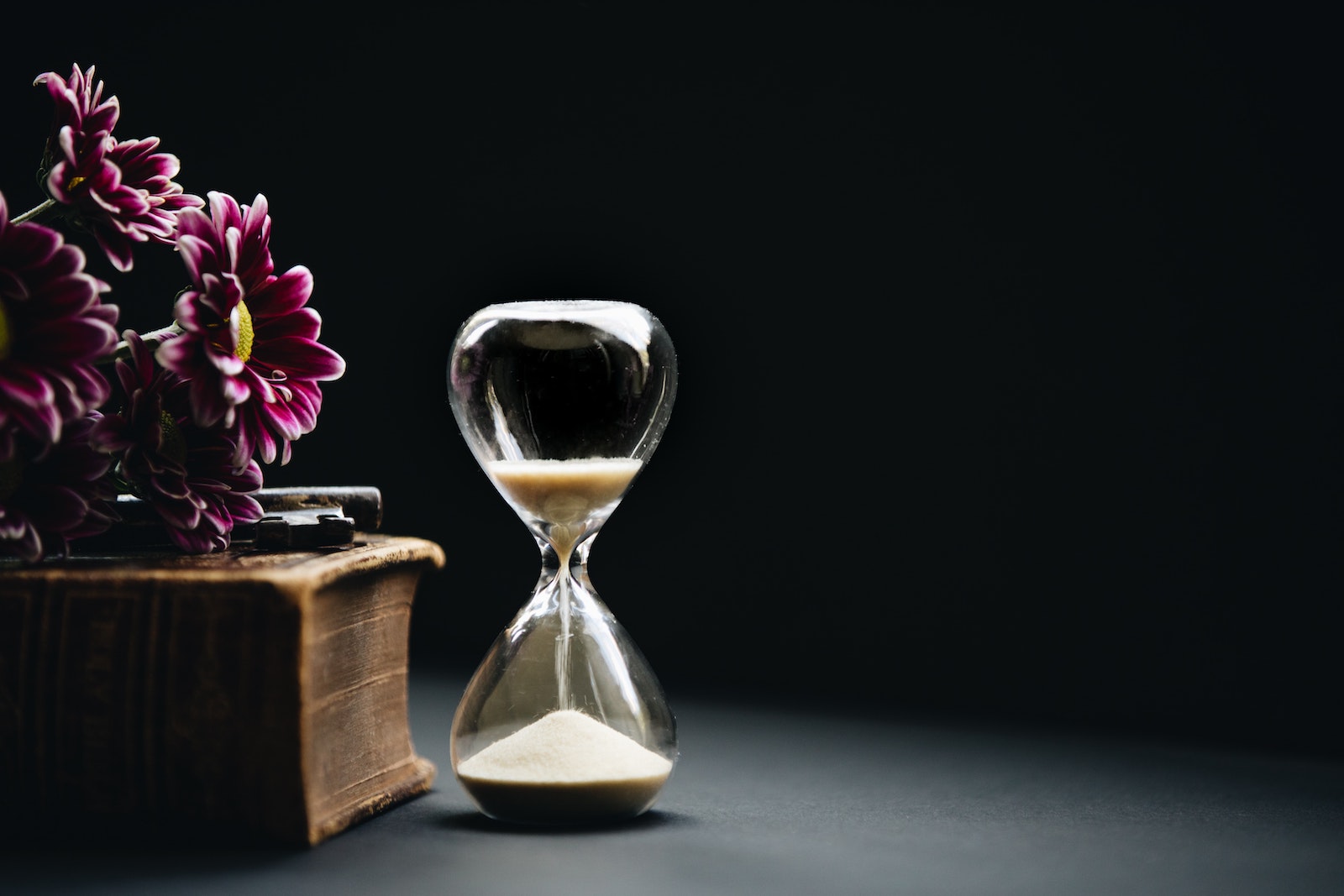Ten Years
There is a fascinating chapter in Imaginable where the author, Jane McGonigal, explains the effect of the timeline set for thinking ahead, setting goals, or even day-to-day work1.
On a ten-year timeline, we don’t feel rushed. We have plenty of opportunity to develop new skills, collect resources, recruit allies, learn from our mistakes, bounce back from setbacks, and do whatever else we need to do to get the best possible outcome. This feeling of abundance makes us less risk-averse and therefore more creative. We have all the time we need to play with ideas, try new things, and experiment until we figure out what works.
A ten-year timeframe seems somewhat of a magical number, appropriate for going on a mental trip to the future. It’s enough time for things that are small experiments today to become world-changing. Of course, some things take much longer, but anything important could happen in a ten-year frame.
If setting a wide enough time-frame widens our perspective and vision, the opposite is also true. When we feel time-poor, “it’s like being stuck in a tiny, depressing room with no windows. We shrink ourselves and imagine less. We adopt ‘minimal’ goals, which means we try to do just enough to avoid the bad outcome.”
Our brain perceiving an abundance of time has an interesting effect on how we actually do things:
If you want to get a taste of time spaciousness right now, here’s a trick you can try: pick a tiny task like finishing this book—and give yourself ten years to do it. You might think that having all this time will make you more likely to procrastinate, and you’ll never actually get around to reading it. But procrastination, paradoxically, is more likely to happen when you feel time-poor. When you feel like you have less time to get things done, you do less. And when you feel you have ample time, you do more. Studies show this is true completely independent of how much “free” or unscheduled time a person has. What matters is whether your brain perceives an abundance of time.
This is an effect that we can use in our favor. Make a ten-year resolution. “What could you accomplish if you had ten years to do it? What would the long-term impact of a new habit be if you practiced it for ten years?”
-
I found aboutImaginable by Jane McGonigal thanks to Kevin Kelly’s mention in Recomendo. According to KK, this “is the only book I know of that will teach you the proven techniques that futurists use to help them forecast the future. The aim of forecasting is not prediction but to not be surprised – to imagine it.” ↩
